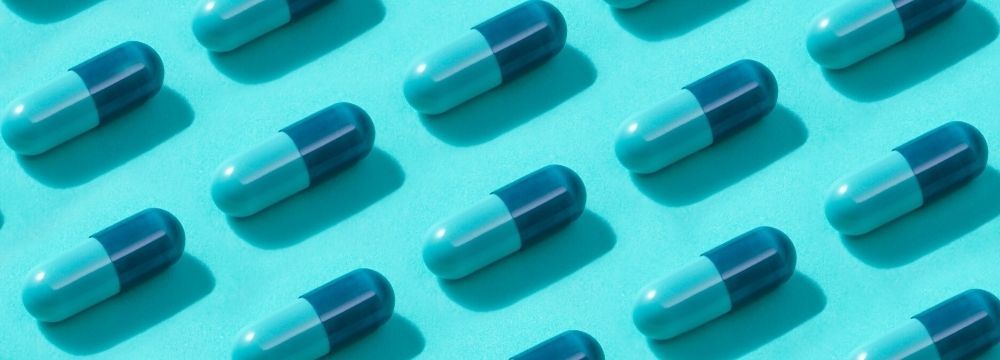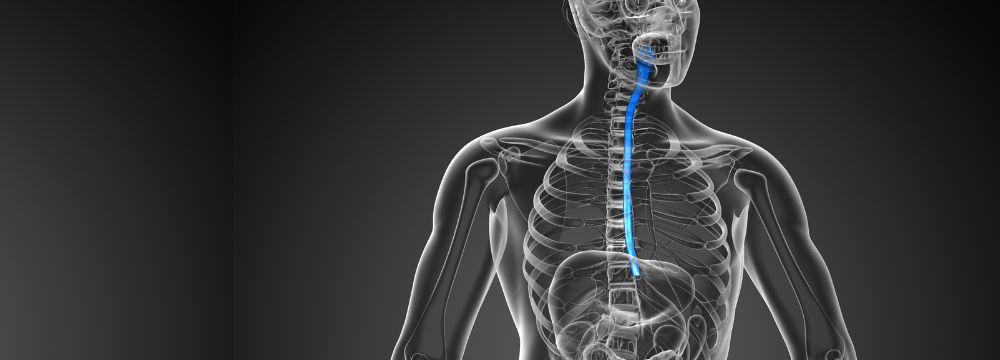GERD
With the rise in obesity in the United States, we have seen an equivalent rise in disorders of the esophagus not least of which is gastroesophageal reflux disease or GERD. Many patients pass this off as a minor inconvenience — ignore. They then live with the regular burn in the chest, often throwing back antacids daily. However, the condition does often get worse, especially if patients do not address the underlying weight or other issues that may be causing it.
Eventually, this constant wash of acid into the esophagus can cause the esophageal tissue – not used to the acidic environment – to adapt as stomach tissue. This cellular change is known as Barrett’s Esophagus and is considered pre-cancerous. Indeed, about 10% of patients with Barrett’s esophagus may ultimately develop esophageal cancer if they do not address the issue in time.
As such, when they finally do address the concern with their primary care physician, the first line of defense is often PPIs or proton pump inhibitors. Unlike antacids that neutralize existing acid in the stomach, PPIs block the production of stomach acid. This means that while stomach juices continue to reflux into the esophagus, they are far less acidic and do not cause as many symptoms. Patients often believe they are cured.
However, PPIs all the mask the problem and, more importantly, are only approved for six weeks of continuous use. The fact that they are available over the counter, however, makes most patients believe that they are benign and have few side effects. That simply is not the case. In fact, PPIs have a number of potentially concerning issues associated with her long-term use including:
- Increase the risk of developing a bacterial infection of the intestine known as C-Diff. In its most basic manifestations, it can cause dysfunction discomfort and gastrointestinal issues. However, more severe cases can require invasive treatment.
- Long-term PPI use has also been associated with more brittle bones and increased risk of bone fracture, especially in men.
- Some may develop magnesium and B12 deficiencies
- PPIs also play become less effective overtime, either requiring a higher dose or ultimately requiring the patient to move on to a different therapy.
What Is the Solution?
To begin, if you have been taking PPIs for a long time, speak to your doctor about reducing your dose to the minimum that offers symptom relief. There is no need to take any more that is necessary. But only do so under the guidance of your physician. For patients who aren’t getting the relief they need and have a relatively low risk of surgery, we have two surgical options that may fit the bill.
A fundoplication is where the top of the stomach is wrapped around the lower part of the esophagus to put pressure on the lower esophageal sphincter. This significantly reduces the amount of stomach acid refluxing into the esophagus. We also offer an implantable device known as the LINX reflux management system. This is a small titanium-beaded bracelet with a magnetic clasp that fits around the lower esophageal sphincter and offers similar pressure to that of the fundoplication. Both options have excellent results with most patients experiencing significant improvement in their GERD and maintaining their symptom relief for years.
For those suffering from obesity and co-occurring severe reflux, a gastric bypass may also be an option. Gastric bypass patients experience incredible improvements in their GERD while also being able to lose up to 80% of their excess bodyweight.
To have a consultation and learn more about the best reflux options to get off PPIs, we encourage you to schedule a consultation with one of our surgeons.








